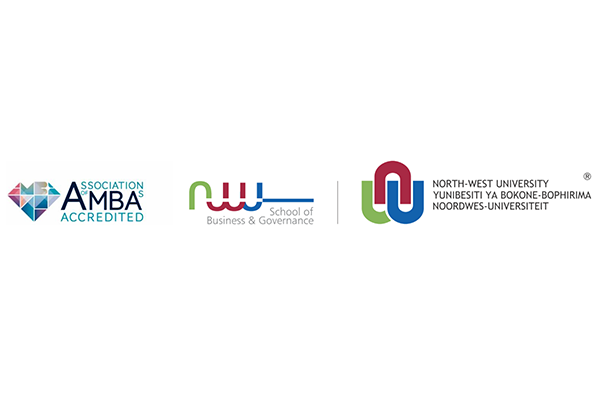(Insight)
‘The 2017/18 budget speech embodies a tough message about the economy and reinforces financial probity’, says NWU school of business and governance economist Prof Raymond parsons.
‘The Budget speech to Parliament today by Finance Minister Pravin Gordhan was generally a realistic, balanced and predictable analysis of the socio-economic challenges in general, and the fiscal difficulties in particular, faced by SA. Apart from promoting inclusive growth, the 2017/18 Budget has also had to seek to close the fiscal ‘gap’ of about R28 billion still remaining in SA’s public finances. This has been done mainly through the widely anticipated increases in taxation at selected levels, embodying a tough message about the SA economy.
The basic test of the Budget decisions will be their net impact on business and consumer confidence. The overall emphasis in the Budget speech on improving SA’s growth prospects must be endorsed, as must the Minister of Finance’s insistence on enlarging the role of public-private sector collaboration in further unlocking SA’s growth potential. Yet even if the optimistic growth forecasts in the Budget are accepted, it remains clear that current weak growth strains everything else, including ‘radical economic transformation’.
The Finance Minister rightly insists that it is imperative that SA breaks out of its ‘low growth trap’. The Budget nonetheless appears to have been more successful in balancing the State’s books than in immediately boosting inclusive economic growth, as many of the drivers of economic growth lie outside the control of the National Treasury (NT). Translating fiscal resources into tangible outcomes still also requires urgent and efficient implementation by the public sector as a whole, as well as ensuring that State funds are effectively spent. What SA therefore needs to avoid is drifting into a negative ‘tax-and-spend’ cycle, which will ultimately weaken economic performance. The imbalance here is that about two-thirds of the current ‘fiscal consolidation’ appears to be coming from tax measures, whereas approximately only one-third stems from spending ceilings and other fiscal disciplines. The danger exists that aggressive taxation may then eventually defeat its own ends by diminishing the future income to be taxed, unless renewed growth boosts tax revenues. SA probably needs at least about a 2-3% growth rate to limit the future tax burden.
The decisive message nonetheless to be taken from the 2017/18 Budget is that, despite recent political pressures, SA’s fiscal policy remains highly predictable and in safe and responsible hands. The NT continues to display a strong commitment to financial probity in SA’s public finances. These reassurances remain essential to the maintenance of confidence in good governance in SA. The risks and uncertainties around the expected Cabinet reshuffle are highly relevant to the future role of the NT as a trusted custodian of taxpayers’ funds’.




















































































